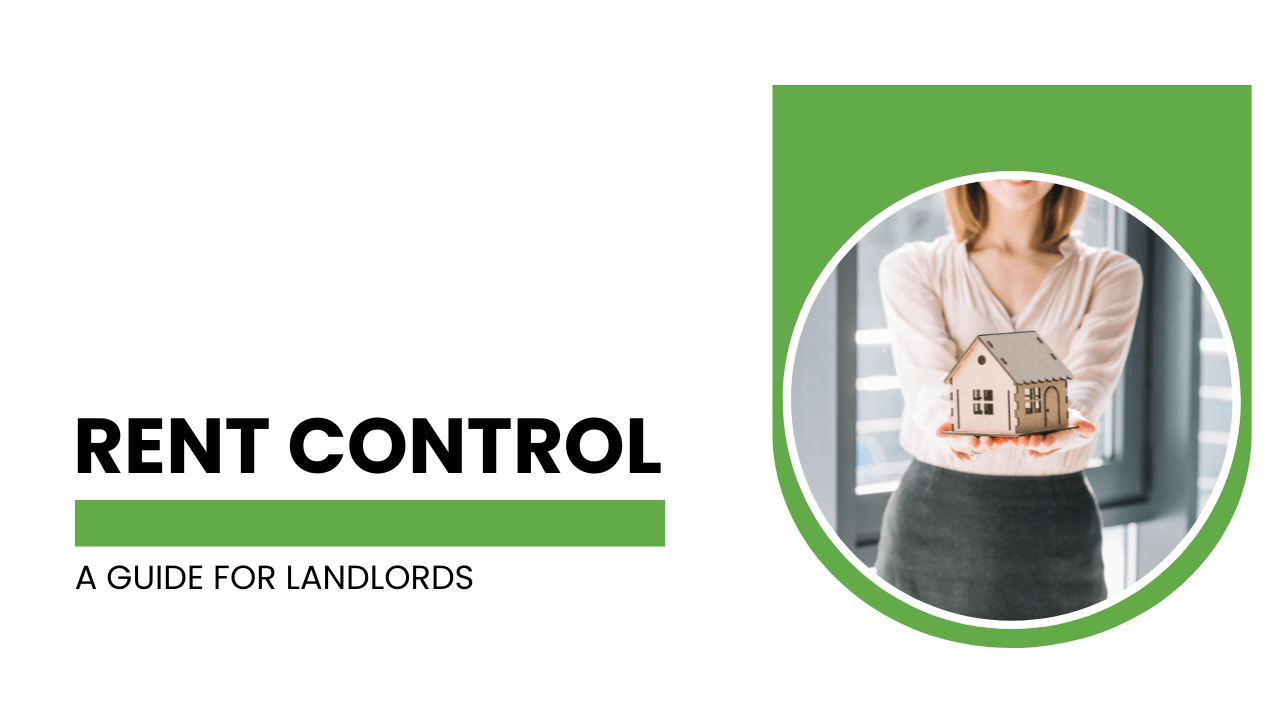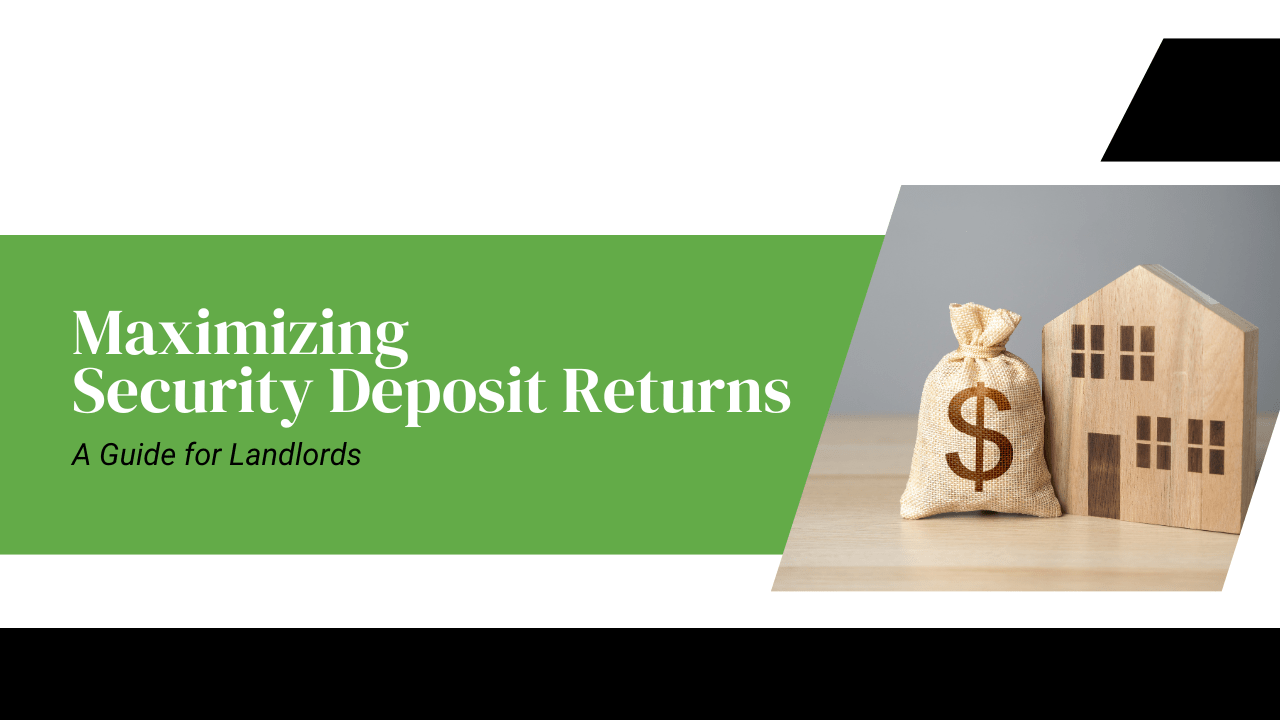If you’ve been renting out a property in California City or anywhere in California over the least two or three years, you’re probably comfortable thinking about rent control. It’s been a statewide mandate since 2020, following the passage of The Tenant Protection Act of 2019.
A lot of questions still remain, however, especially about whether rent control even applies to your property. With inflation and a competitive market driving rents higher, it’s been interesting to see how owners, tenants, and the overall rental market responds to the limits on how much rent can be raised.
Here’s what landlords and rental property owners need to know about rent control in California City.
Let’s Review the Law: Tenant Protection Act of 2019
As
California City property managers, we’ve been paying close attention to how this law affects owners and landlords across the state. We also know that there are a lot of details involved. Hopefully, you have familiarized yourself with it enough that you know whether your rental property is included or exempt from its rent control stipulations.
Here’s what you generally need to know when it comes to the statewide rent control law:
- The law requires that landlords limit their rental increases to once per year
or two increments in a 12-month period. Those increases cannot be more than five percent plus the annual cost of living increase that’s set by the Consumer Price Index (CPI).
- Some rental properties are exempt from this law. Your property may be exempt if you’re an individual landlord who owns and rents out one single-family home, a townhouse, or a condo. The age of your property will also come into play. If your property received a Certificate of Occupancy in the last 15 years, you will also be exempt.
- There’s more to this law than rent control. Just-cause evictions are required if you want to remove a tenant. Before this law was passed, you had the option of not renewing your lease with your tenants. You could simply provide the appropriate notice and they would move out and you’d get your property back. The big change in the eviction process is that in order to remove your tenants without penalty, you have to have just cause. This means they are not paying their rent, they’re engaging in criminal activity, or they’re not following the terms of your lease agreement. If you want to remove your tenants for another reason but you don’t have just cause, you can still serve them notice, but you’ll have to pay a relocation fee which is the equivalent of one month’s rent.
Another point that needs to be made about statewide rent control is that it does not replace any local rent control measures that predated The Tenant Protection Act of 2019. So, in a city like Los Angeles or San Francisco, the local rent control measures still take precedence over the statewide law. However, the state law may include properties that were not already covered by local laws.
Understanding How to Raise the Rent
With rent control in place across the state, how do you increase what you charge your residents while still complying with the law? That depends on the CPI
- Consumer Price Index and Rent Controlled Properties
The CPI is a measure of inflation that is established and measured by the Bureau of Labor Statistics.
While rates are measured and reported by the BLS throughout the year, the only statistic that matters is the annualized CPI rate reported for April. There are certain metro areas in California that measure for their specific metro area:
- San Francisco-Oakland-Hayward
- Los Angeles-Long Beach-Anaheim
- Riverside-San Bernardino-Ontario
- San Diego-Carlsbad
If your property does not fall into a specific metro area that has its own CPI, you will be measured by the general western part of the U.S. Rent can be increased in no more than two increments during any 12-month period, and the cumulative total is not to exceed the allowable annual cap.
- Raising Rent When You’re Exempt from Rent Control
When you find yourself renting out a single-family home or a multi-family unit that’s new and not bound by rent control restrictions, we recommend still staying in line with rent control caps.
Raising the rent more than 10 percent even if the rent control laws do not cover you is going to leave you vulnerable. Tenants are not going to pay more than they feel they should, even in a market like this one, where rents are high.
Rent Control and Your California City Lease Agreement
You need to communicate the parameters of this law with your tenants, who will not necessarily understand whether rent control applies to them when they rent your property.
If you’re included in the rent control law, you’ll want to put something in your lease agreement to reflect that. It’s even more important to adjust your lease agreement if you’re exempt from the law. You want to notify your residents that the property they’re living in does not fall under this new law. This will eliminate confusion and disputes.
What Does this Mean for Your California Investment Property?
You’re renting out a property in California City because you want to make money. In order to make money, you need to raise the rent on your property pretty consistently from year to year.
So, if you’re operating under rent control laws, how can you continue to make money?
Here are some things to think about.
Generally, these rent control laws mean you won’t be able to raise your rent more than seven or eight percent every year. This law is in effect for 10 years.
The CPI changes annually, so landlords will be required to understand what it’s been set at before they add their own five percent if they’re planning to raise the rent by the maximum amount the law allows.
When you have an investment property that’s subject to rent control laws, you have to be strategic about how you price the property,
attract tenants, and negotiate lease renewals.
To maximize the return you earn on your rent-controlled investment, we recommend:
- Strategically pricing your vacant property. The rent control laws do not limit what you can set your rent at when the property is vacant. You’ll want to study the market and remember that you’ll need to compete with those properties that are subject to rent control. Their prices will be lower. But, you will want to avoid underpricing your rental property at the point that you list and market it. Otherwise, you’ll have a difficult time increasing the rent year after year because you’re bound by those rent control limits.
- Screen tenants carefully. You will likely have them in place for longer than a one-year lease. In a market without rent control, tenants feel free to look around at lease renewal time. They may find something cheaper and it’s worth it to them to move. With rent control in place, tenants know their rent is capped. They’re more likely to stay in place longer. Plus, the just cause eviction laws make it difficult to evict a tenant without cause. You’ll want to know you’re placing great residents.
- Always partner with local California property managers before you invest in a property,
set a rental value, or raise your rent at renewal time. The tenant protections make the management of your property more challenging. It’s an excellent reason to work with property managers.
Rent control impacts each market and even each property a little differently. How you respond to it depends on where you are and what you need from your property.
California City Property Management







